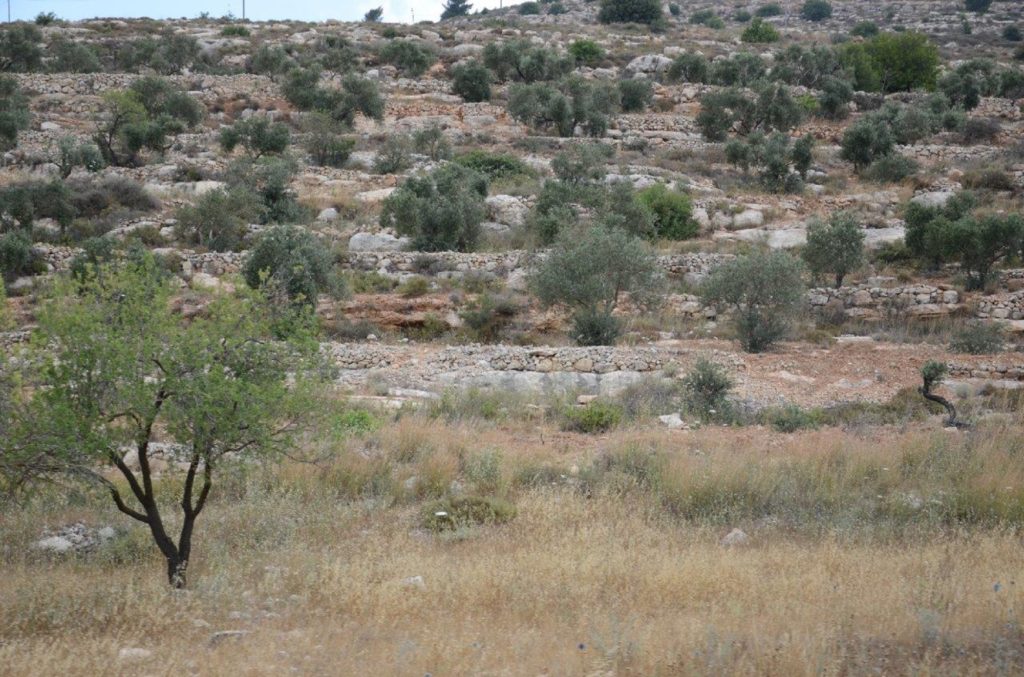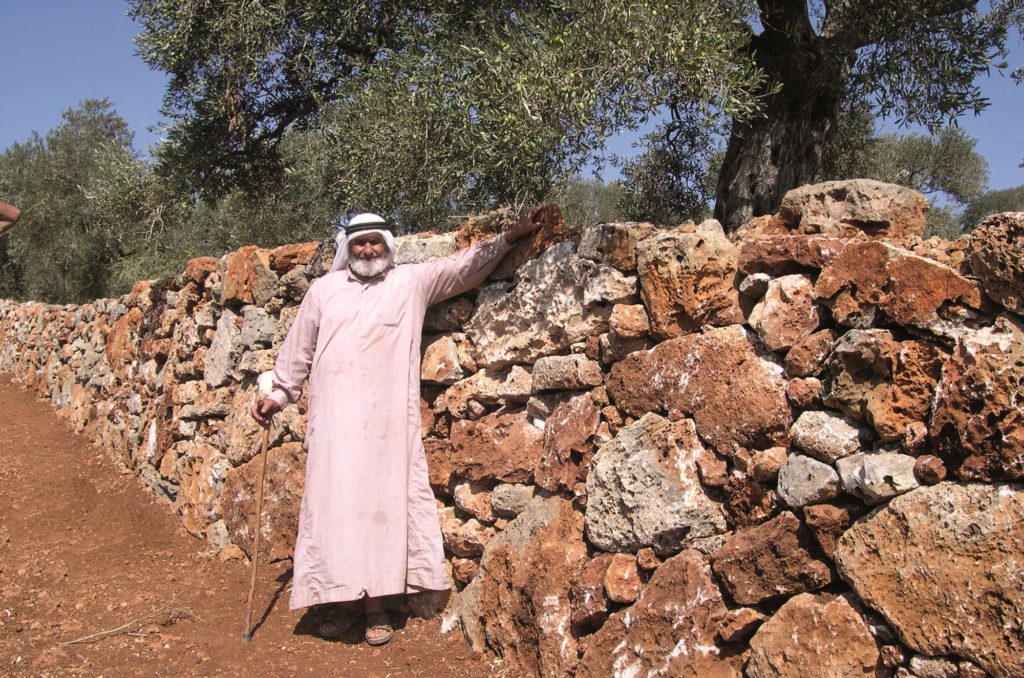- Thread starter
- Moderator
- #21
A New Generation of Palestinian Chefs Poised to Conquer the World
A new generation of Palestinian chefs poised to conquer the world
“I was linked as a child to my family and tradition, we celebrated all the holidays and I knew a lot of the stories and history, but not in depth. When I learned to read and speak Arabic fluently, the language became my heritage. Even the choice to deal with cooking professionally was part of a process of opening up to my family and community’s culture. When I handed the book to my father, he wept with emotion and said he never thought that I of all people would contribute so much to changing the world’s image of the Palestinian people,” Kalla said.
The chef is part of a wave of third-generation Palestinian refugees and exiles trying to revolutionize their people's image by preserving and publicizing Palestinian culture. In many places, including Israel, first and second generations of immigrants are busy overcoming trauma and the difficulties of immigration alongside adapting to a new society. Those of the third generation don't need to prove they belong in the place where they were born, and many eventually seek to return to their roots and the traditions from which they were cut off.
The kitchen provides a comfortable means of identity formation — in this case Palestinian — and can be used to disseminate historic and national heritage. The rhetoric used by these young chefs, many of them women, recalls the way in which the kitchen helped Jews preserve their identity in the Diaspora.

A new generation of Palestinian chefs poised to conquer the world
“I was linked as a child to my family and tradition, we celebrated all the holidays and I knew a lot of the stories and history, but not in depth. When I learned to read and speak Arabic fluently, the language became my heritage. Even the choice to deal with cooking professionally was part of a process of opening up to my family and community’s culture. When I handed the book to my father, he wept with emotion and said he never thought that I of all people would contribute so much to changing the world’s image of the Palestinian people,” Kalla said.
The chef is part of a wave of third-generation Palestinian refugees and exiles trying to revolutionize their people's image by preserving and publicizing Palestinian culture. In many places, including Israel, first and second generations of immigrants are busy overcoming trauma and the difficulties of immigration alongside adapting to a new society. Those of the third generation don't need to prove they belong in the place where they were born, and many eventually seek to return to their roots and the traditions from which they were cut off.
The kitchen provides a comfortable means of identity formation — in this case Palestinian — and can be used to disseminate historic and national heritage. The rhetoric used by these young chefs, many of them women, recalls the way in which the kitchen helped Jews preserve their identity in the Diaspora.






